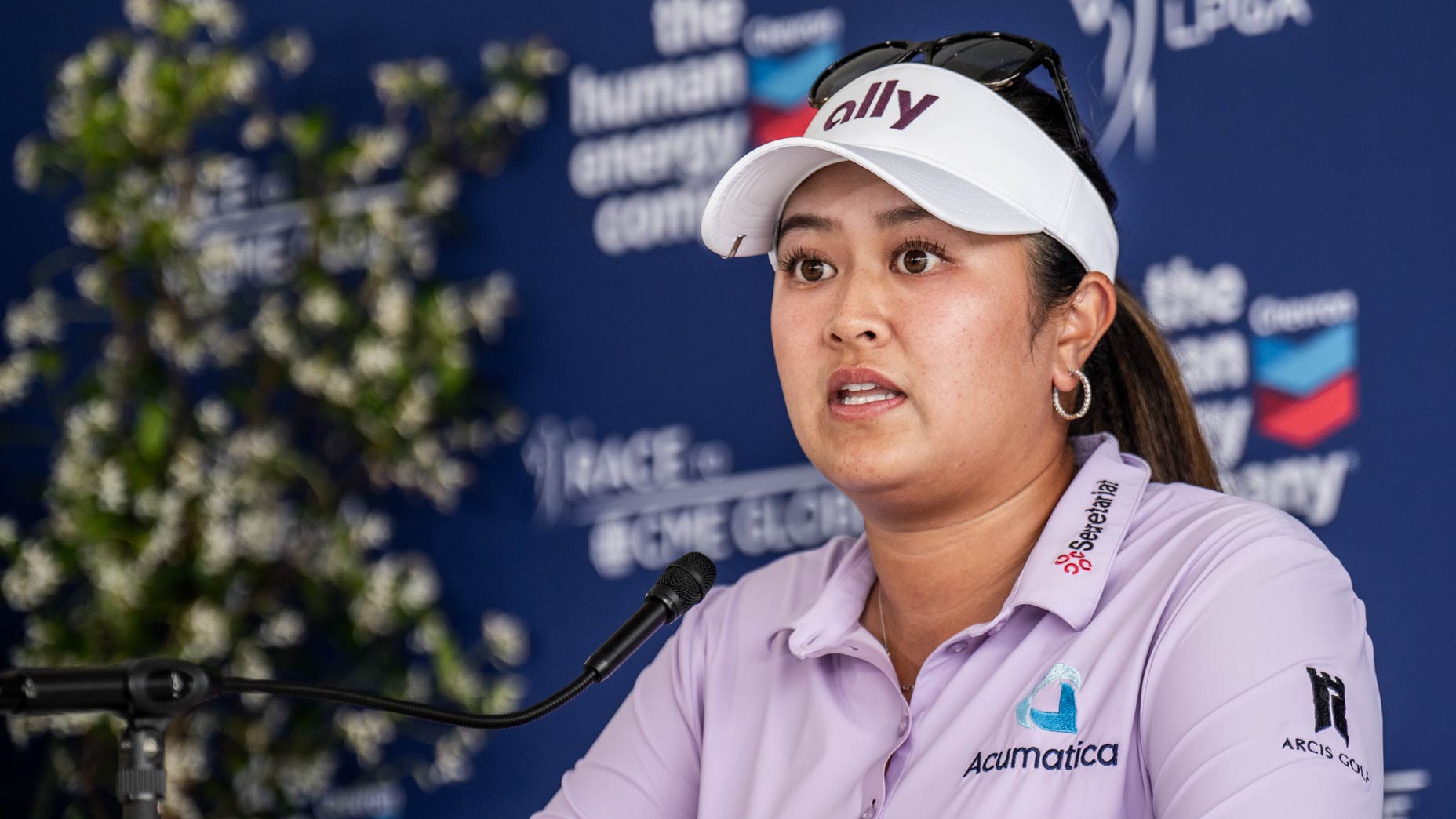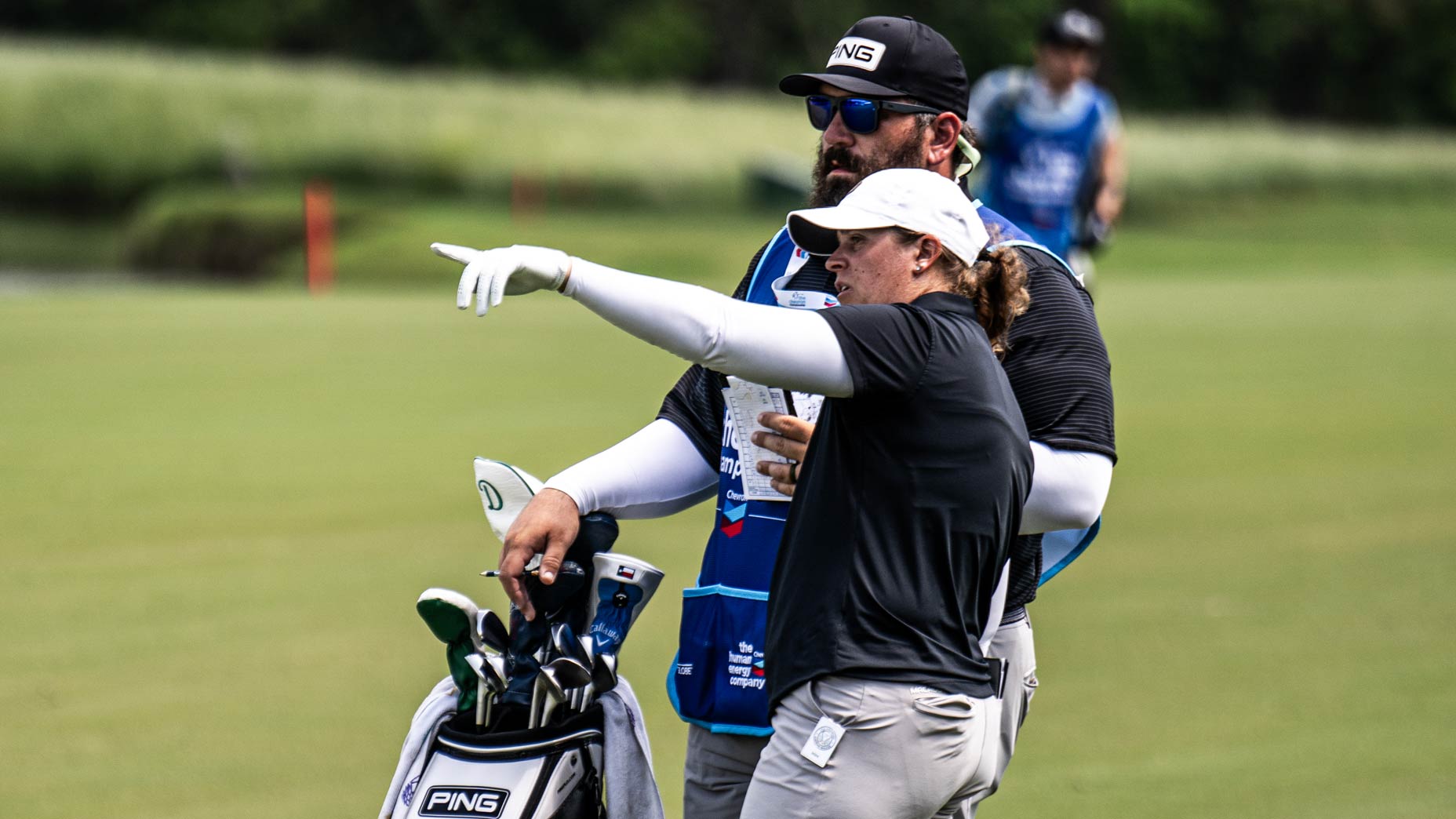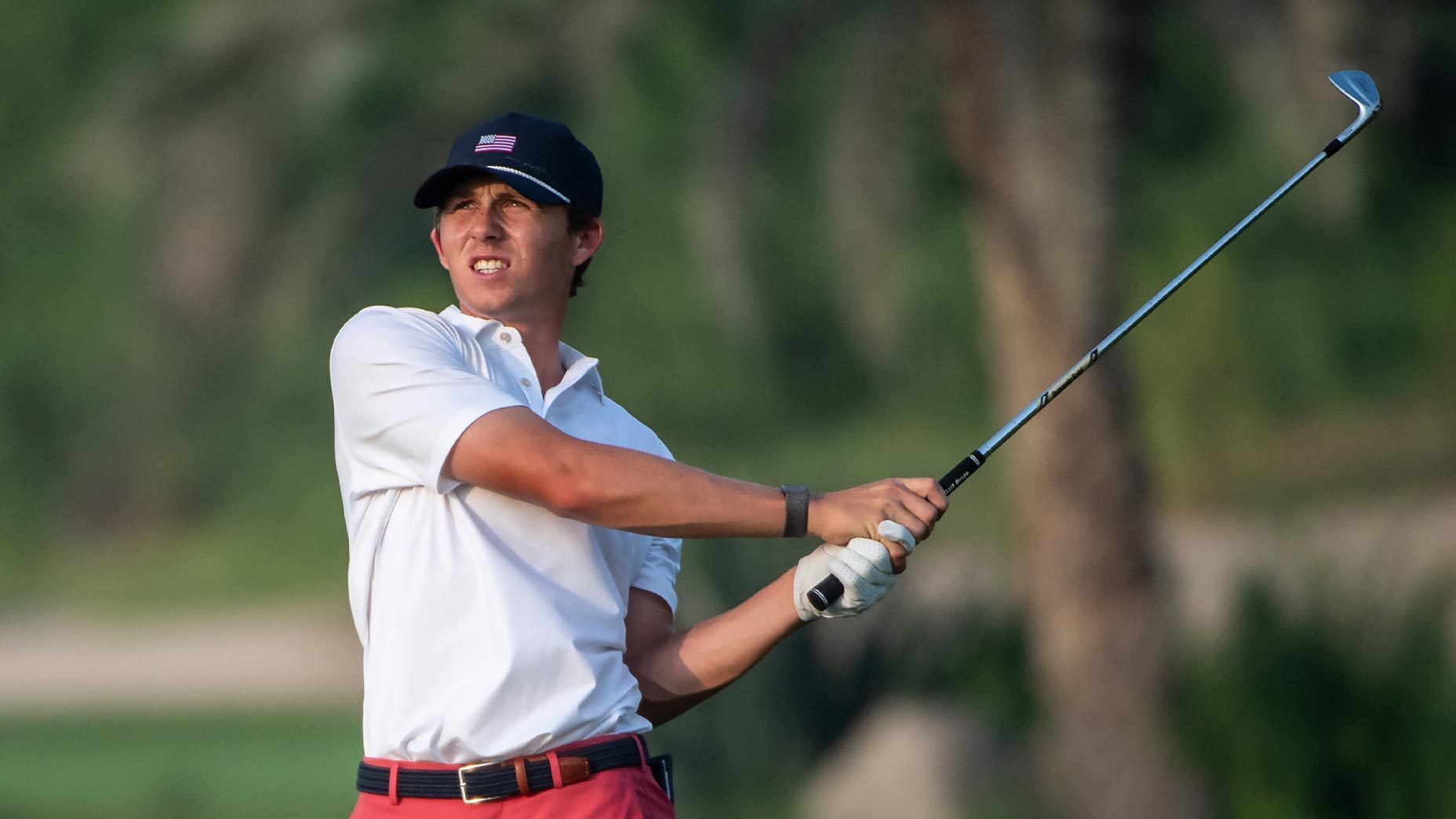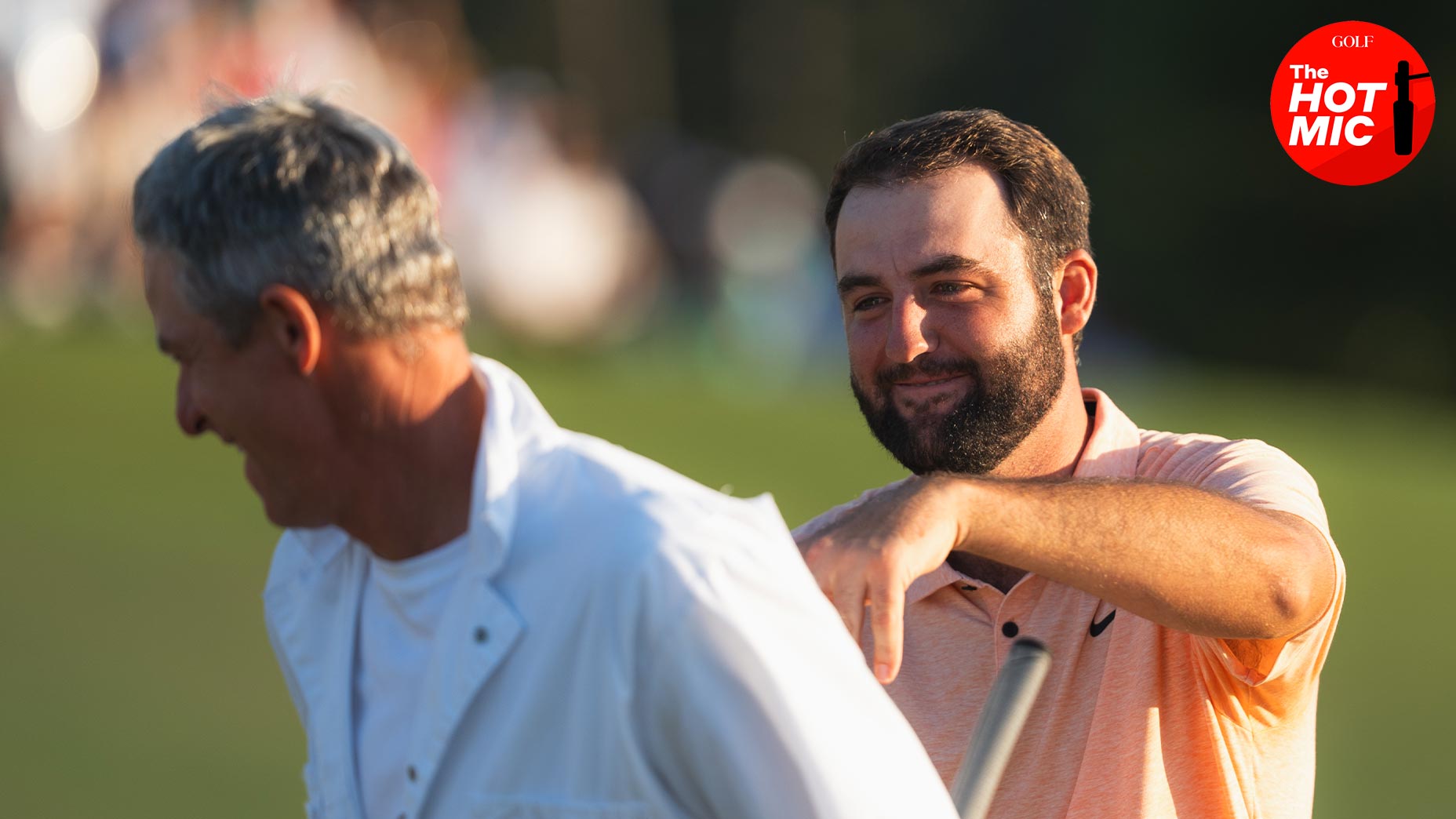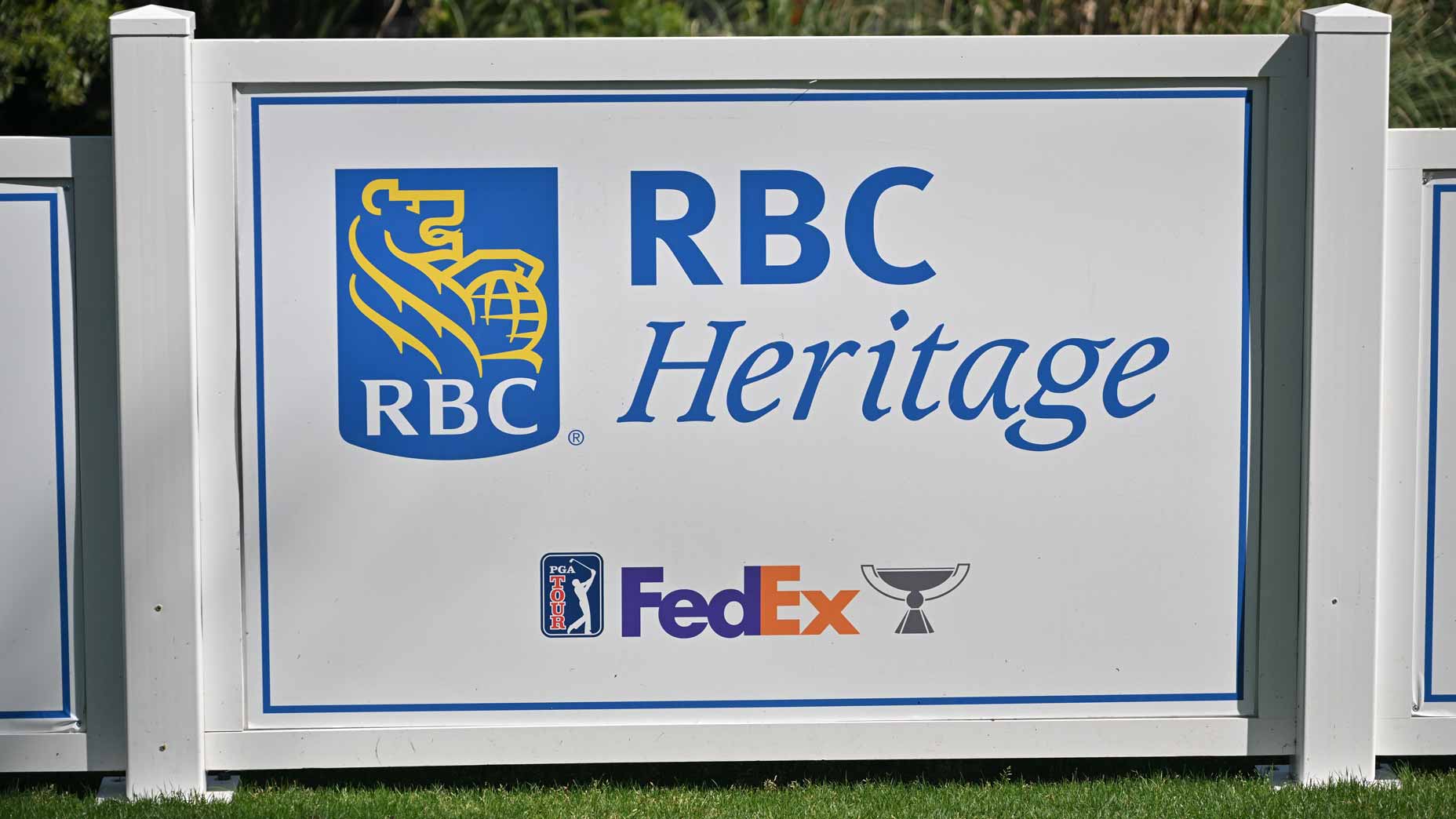 2024 RBC Heritage Friday TV coverage: How to watch Round 2
2024 RBC Heritage Friday TV coverage: How to watch Round 2
Why, in the end, Rory McIlroy actually got the Open Championship he wanted
Two notable Northern Irishmen were in the throng of well-wishers that embraced Open champion Shane Lowry as he came off the 18th green Sunday evening. The first was Ricky Elliott, a Portrush native who caddies for Brooks Koepka. The second was Graeme McDowell, the lone Northern Irishman to make the cut. Understandably absent was fellow Ulsterman Rory McIlroy, who had inspired the Portrush crowds with a Friday charge at the cut line but ultimately came up one shot short of sticking around for the weekend.
A missed cut isn’t the way McIlroy envisioned his homecoming. That much was clear in his choked-up post-round interview Friday, when he admitted just how much he’d been looking forward to the week. McIlroy always speaks thoughtfully, but he’s private by nature; he rarely opens up like this, rarely lets us all the way in.
If there can be any triumph in a tournament favorite missing the cut, this was it. McIlroy’s opening 8 on Thursday (en route to a 79) reminded us of his fallibility; his valiant, unifying charge on Friday (en route to a 65) reminded us of his transcendent talent.

But with the power of hindsight, the most defining moment of McIlroy’s week actually came on Wednesday, when he was asked an expansive, high-stakes question in his pre-tournament press conference: What were his hopes for the tournament’s legacy?
“In golfing terms, I think its legacy could be young boys and girls are keen to pick a golf club up and play,” McIlroy said. “I’m very fortunate that I grew up here because it was so accessible and you didn’t have to come from money or anything to play the game. So I think no matter what happens this week, if I win or whoever else wins, having The Open back in this country is a massive thing for golf. And I think as well it will be a massive thing for the country.”
It’s not clear if McIlroy was watching when the Portrush crowd rallied behind Shane Lowry on Saturday afternoon as he reeled off one crowd-fueled birdie after another. Nor is it clear where McIlroy was Sunday afternoon, as fans stampeded down the fairway behind Lowry, Irish flags raised proudly in the air. It must have been bittersweet, watching Lowry celebrate where he’d envisioned himself doing the same, letting the “Ole!” chants and the “Hey, Sha-ane Low-ry!” songs wash over him, reveling in the joy he had just brought to so many. But seeing the Northern Irish crowds rally behind a bearded bear of a man from Clara actually did just what McIlroy had hoped it would. Back to that Wednesday presser:
“Sport has an unbelievable ability to bring people together,” McIlroy said. “We all know that this country sometimes needs that. This has the ability to do that. Talking of legacy, that could be the biggest impact this tournament has outside of sport, outside of everything else, is the fact that people are coming here to enjoy it and have a good time and sort of forget everything else that sort of goes on.”
ADVERTISEMENT
On the course and in the pubs and on TV sets across Northern Ireland and Ireland and the world, the Open did just that — it brought people together.
Gary McNeill, Royal Portrush’s earnest head pro, said he could sense it all around. “There’s just a great feeling out there. So many young people on the golf course as well. It’s great to see so many kids out there watching the golf and enjoying the golf and potentially being inspired by the game and to take it up or even have a go of it themselves.”
Graeme McDowell, too. “The fans put on a show for these players,” he said, a nod to the fact that it’s usually the other way around. “They treated Shane like one of their own. North or south of the border, they showed there is no border when it comes to golf in Ireland.”
McDowell also brought up what Lowry will face now, what McDowell faced when he won his own major — the weight of expectations. “They always say there’s a manual to get to the top of the mountain — nobody ever tells you how to get down the other side,” he said. “How good do you think you are? How good do you think you could be? When I won a major championship I didn’t really see much past that major championship; when Rory wins one, he’s looking at 10.”
Ten? In this country — in most countries — nobody is heaped with expectations like McIlroy. But that’s a quest for another week. When McIlroy arrives at Augusta next April he’ll face plenty of questions about his golf, his major slump, the grand slam, his own personal legacy. He’s less likely to be asked about the hopes of a nation. In some ways, that will be a relief.
In the end, any disappointment caused by McIlroy’s missed cut was overshadowed and outweighed by Lowry, who took up the mantle. It meant that even though McIlroy couldn’t deliver what he wanted, the fans got it anyway: An unforgettable week for Irish golf.
ADVERTISEMENT



